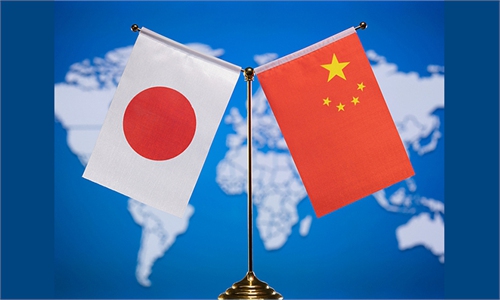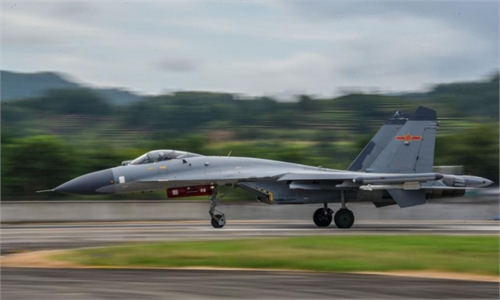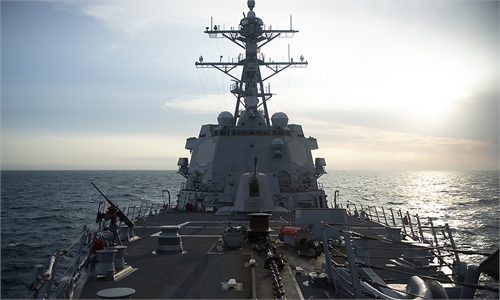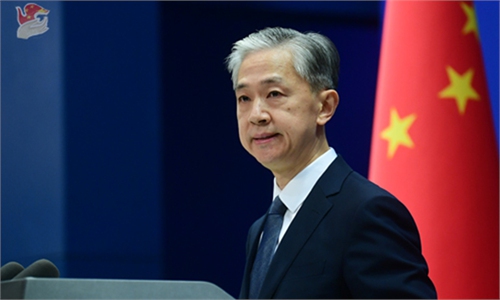Canadian MPs seeking Taiwan visit shouldn’t have short memories of Quebec separatism
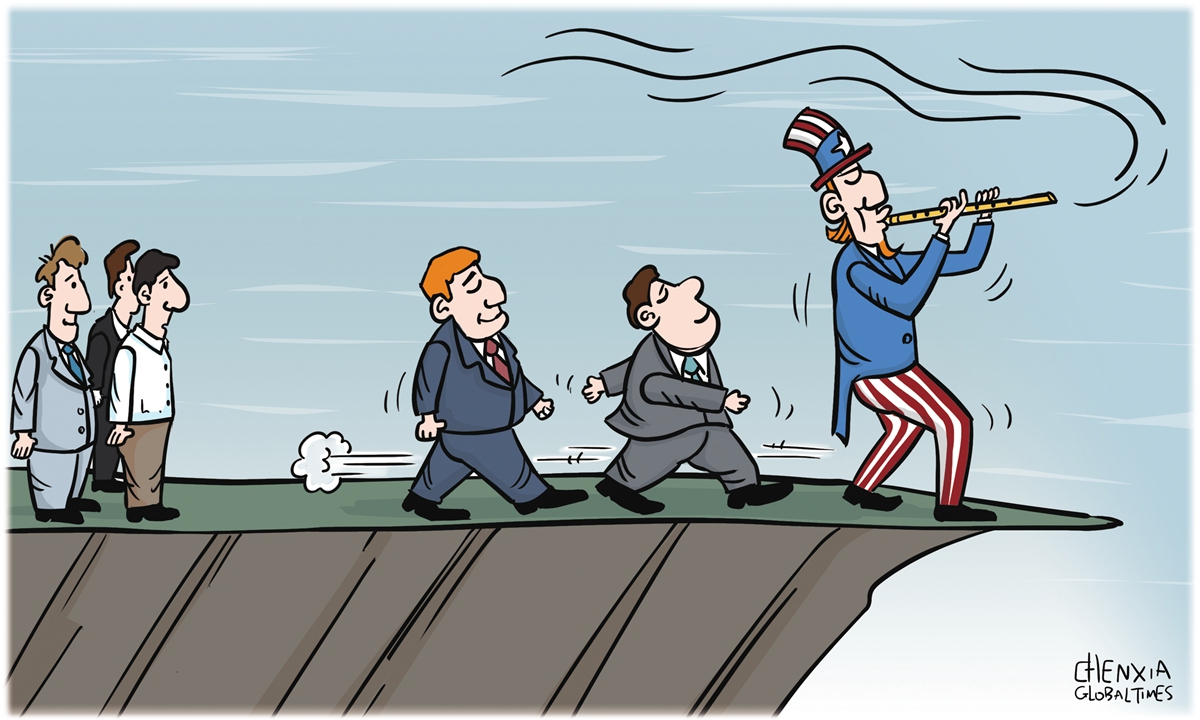
Illustration: Chen Xia/GT
A group of Canadian Members of Parliament (MPs) are showing that when it comes to making short-sighted, unproductive, and potentially dangerous decisions, such reckless behaviour crosses party lines.
A Canada-Taiwan friendship committee, made up of MPs representing the federal Liberal, NDP and Conservative parties, are seeking to secure budget approval for a potential fall visit to the island of Taiwan, as recently reported in Canadian news media.
Reports of the visit come on the heels of a tour of the island of Taiwan by American politician Nancy Pelosi, speaker of the US House of Representatives, in early August, which garnered Pelosi widespread media coverage but served only to significantly heighten tensions between the United States and China.
Ironically, Pelosi's recklessness spurred one writer from an American thinktank hostile to Beijing to complain in a Foreign Policy magazine opinion column that Pelosi's visit made China "more confident than ever" with respect to Taiwan island.
Apparently not content to watch a disaster merely from the sidelines, this group of Canadian MPs appears eager to recreate Pelosi's controversial visit and its harmful repercussions, putting the interests of Canadians after their desire to draw media attention to themselves.
As for the Trudeau government, it seems aloof to the worrying spectre of potentially deteriorating China-Canada relations, with a spokesperson for Canadian foreign minister Melanie Joly shrugging off the planned tour, saying that Canadian MPs would be free to travel as they see fit.
The potential visit to Taiwan is firmly at odds with the current Canadian government approach, which, as part of its one-China policy, maintains full diplomatic relations with the People's Republic of China (PRC) and recognizes only one Chinese government, based in Beijing, and has given no indication of changing this directive.
Nevertheless, while this visit wouldn't represent a formal policy change on the part of the federal government, by green-lighting the tour, the Trudeau administration is providing cover for a de facto shift.
One need look only at the words of NDP MP Brian Masse, a member of Parliament's international trade committee, to see the visit to the island of Taiwan has large implications.
"Although the trip is still in the planning stages, the NDP is very supportive of developing stronger Canada-Taiwan relations and taking this opportunity to improve our trade relationship with Taiwan," Masse said.
Canada's tone-deafness on the Taiwan question is particularly surprising given Ottawa's rightful insult at foreign interference in its own affairs.
In 1967, then-French President Charles De Gaulle made a public speech to a large crowd from a balcony in Montreal during Expo '67. During the speech, De Gaulle uttered the words "Vive Montréal ! Vive le Québec! Vive le Québec libre!" (Long live Montreal! Long live Quebec! Long live a free Quebec!)" His statement, particularly "Long live a free Quebec," was widely seen as giving moral support to the cause of Quebec separatism. Canadian prime minister Lester Pearson soon condemned De Gaulle's comments, saying that "Canadians do not need to be liberated."
In 1967, the Canadian government evidently understood that it was very inappropriate for a foreign state to encourage Quebec separatism, but it seems that 55 years later, there appear to be short memories on the part of these Canadian MPs, as well as the Trudeau government giving its tacit approval to their actions.
Unfortunately, that was far from the most recent time Canada has chosen to intentionally provoke China.
In the aftermath of Canadian federal agents arresting Huawei executive Meng Wanzhou at a Vancouver airport in December 2018, China-Canada relations fell to a new low.
Fortunately, following her release in September 2021, relations between the two countries can improve once again, benefitting both peoples.
But in order for bilateral trade and relations to continue to grow and blossom, it requires leadership from Canadian politicians of all parties, who must put the needs of their constituents first, and not the need for shallow attention-seeking, which serves nobody but the travelers' own shallow interests.
The author writes about relations between China and the West. He's based in Canada.
